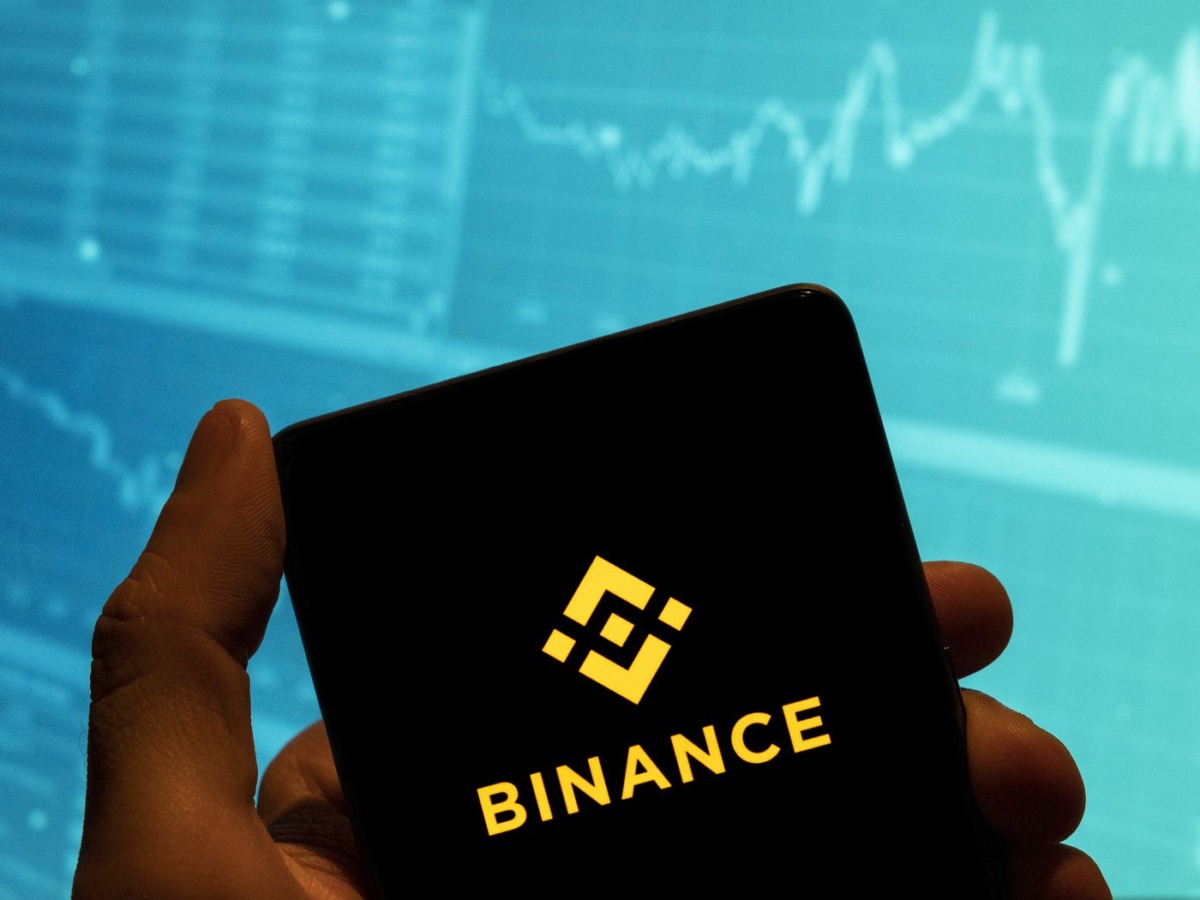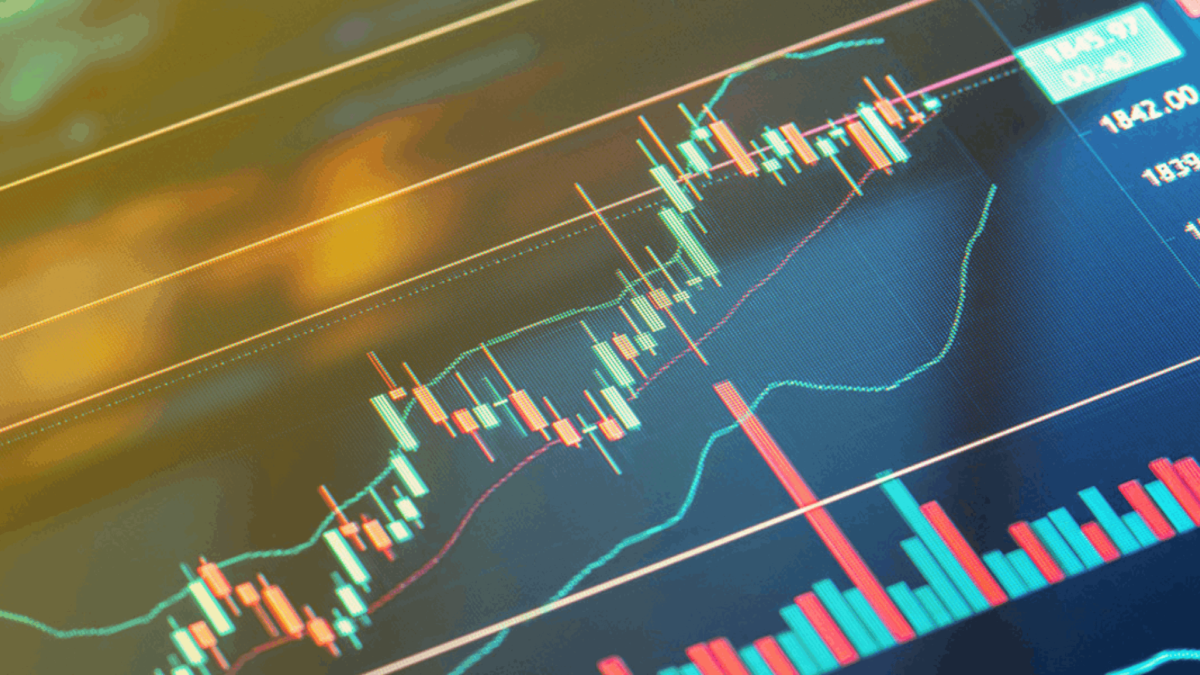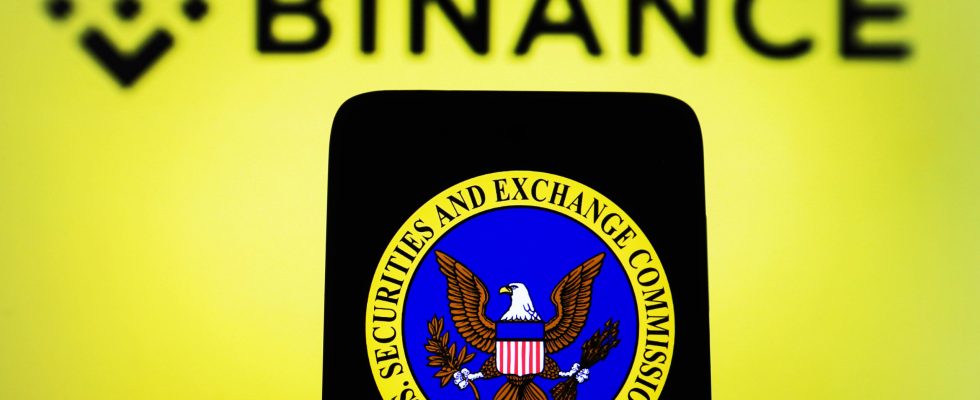In a four-hour hearing in Washington, D.C. this week, U.S. District Court Judge Amy Berman Jackson ruled against Binance Holdings Ltd., forcing the U.S. Securities and Exchange Commission (SEC) to clarify its stance on cryptocurrencies. It raised important questions in the ongoing case against him. Binance, along with its US arm and former CEO Changpeng Zhao, are contesting the charges brought by the SEC last summer and seeking to have the case dismissed. Here are the details…
Gary Gensler’s claim: Crypto assets are in our jurisdiction
The crux of the matter lies in the SEC’s broad stance on crypto regulation. Chairman Gary Gensler argued that most cryptoassets fall within the agency’s jurisdiction, prompting Judge Jackson’s concern. “How will companies know when they have crossed the line?” he asked, emphasizing that there are no clear boundaries to classify tokens as securities. The SEC’s complaint, filed in June 2023, accused Binance of mismanaging customer funds, providing misleading information, and violating securities regulations. The agency also alleged that unregistered securities offers were made to US investors. These accusations are strongly disputed by Binance and Zhao.
Interestingly, while Binance reached a settlement with the Department of Justice, CFTC, and Treasury Department in November, the SEC case continues independently. This lack of unified action is likely to further complicate the regulatory environment for cryptocurrency. Binance’s lawyer, Jason Mendro, argued that the company has no post-sale obligations to investors regarding certain tokens, which is an important argument to exempt the tokens from being classified as securities. In addition, Binance alleges that the SEC failed to adequately communicate its interpretation of the securities laws, alleging that it was not given fair notice. However, Judge Jackson expressed skepticism about this argument.
Howey test, Terra UST and BUSD
The SEC, represented by Jennifer Farer, countered by pointing to Binance’s marketing efforts, arguing that they were promoting the tokens with promises of profits, a feature of investments typically classified as securities. Binance lawyers countered this, arguing that all businesses advertise their products and that marketing does not automatically mean offering securities.

The hearing also featured discussion around the Howey Test, a legal framework used to determine whether an asset qualifies as an investment contract and therefore a security. The SEC argued that the Howey Test is clear and applies to Binance’s case, specifically referring to the stablecoin BUSD, which they see as a “package” offered with other tokens to generate investor returns through exchange activities. This argument is based on a recent precedent set by a US court that ruled that Terra’s UST stablecoin constituted an investment contract.
What is the significance of the Binance and SEC case?
Binance vs. The SEC case has significant implications for the entire cryptocurrency industry. Judge Jackson’s insistence on clarity regarding the classification of tokens and the SEC’s broad interpretation of securities laws raise critical questions about the future regulatory environment for cryptoassets. The outcome of this case could set a vital precedent for how cryptocurrencies are regulated in the United States and potentially beyond.

Binance vs. Binance, where both sides presented strong arguments and Judge Jackson pressed for more precise definitions. The SEC case is not over yet. In the coming months, we will likely see more legal battles and potentially revised regulatory frameworks as the court tries to navigate the complex and evolving world of cryptocurrency.
To be informed about the latest developments, follow us Twitter’in, Facebookin and InstagramFollow on . Telegram And YouTube Join our channel.
